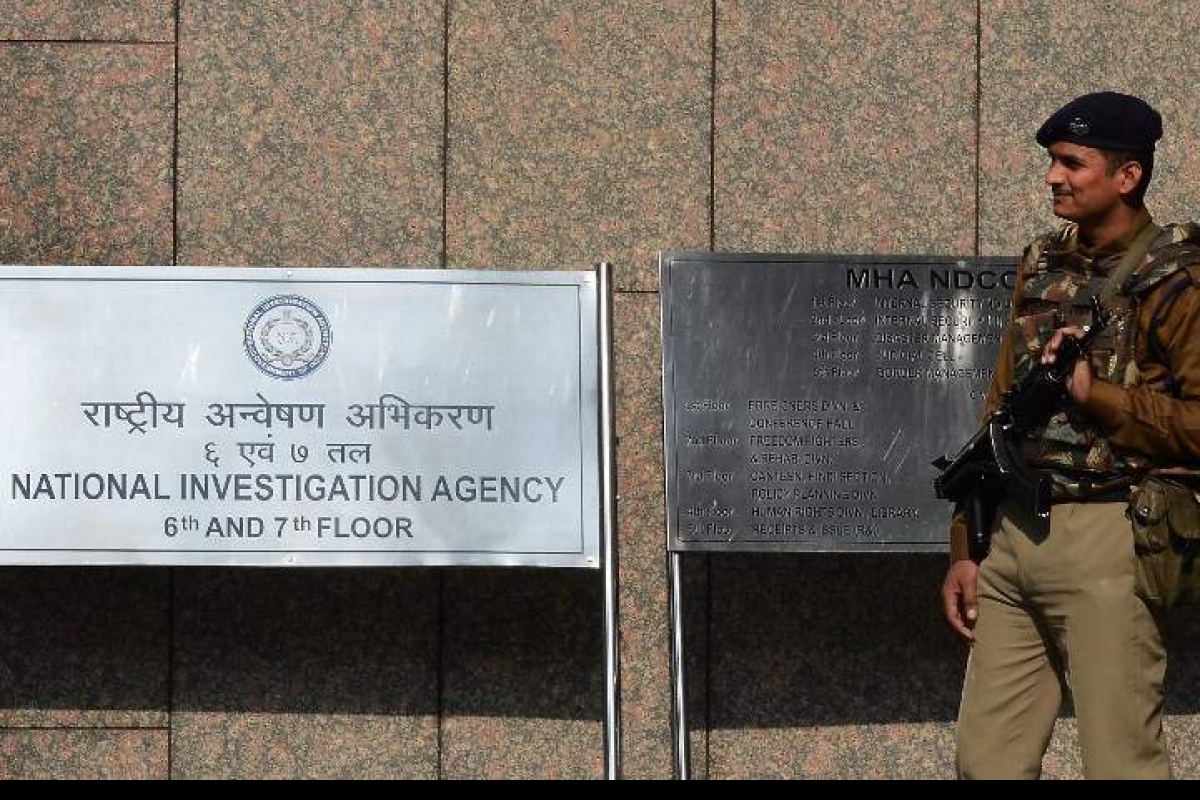Last week, the NIA opened a branch office in Ranchi, Jharkhand.
New Delhi: The National Investigation Agency (NIA), India’s nodal agency that tackles terrorism and allied activities, is going to open a branch office at Patna, Bihar, official sources have told The Sunday Guardian.
Officials responsible for tackling terrorism and its funding, that happens in India through the porous international border that Bihar shares with Nepal, have been seeking a branch office of the NIA at Patna for long.
The NIA, since its inception in 2009, has filed 14 FIRs from Bihar. These 14 FIRs relate to Jihadi terrorism, Left-wing extremism and terror funding by using fake Indian currency notes.
“The proposal to open a branch office is already under consideration at the Ministry of Home Affairs,” an official source with the NIA told The Sunday Guardian. Home Ministry sources, while responding to this newspaper’s queries, said that a decision in this regard is likely to be “taken soon” and the MHA is likely to give the required permission to open a branch in Patna. It is pertinent to mention that earlier last week, the NIA had opened its branch office in Ranchi, Jharkhand, where the agency is dealing with at least 12 cases, all of which are related to Naxalism. According to officials, there was an urgent need to establish a branch office in Bihar as having a branch office in the region automatically leads to a more focused approach in comparison to officials being sent from outside to investigate when an incident takes place. “We were able to control hawala funding in Kashmir, which was going to the separatist leaders, more effectively only after we got a permanent office in the valley in 2016, that was converted to a branch office in 2018. A permanent setup in the state leads to development of local assets and resources that can be mobilised more quickly and also generates much better localised information. The area bordering Bihar- Nepal is very sensitive due to spread of jihadi influence and a branch office of the NIA at Patna would definitely help the agency in the time of exigency,” an official with the agency said. Intelligence officials, while pointing to a recent report generated about the investment on infrastructure being done by the Pakistan-based Dawat-e-Islami at the Nepal side of the Indo-Nepal border, said that a lot of “peaceful” activities was taking place in these bordering areas which included building of mosques and guest houses to house radical elements. “These infrastructures are being funded by Dawat-e-Islami which, among other radical activities, had assassinated Punjab (Pakistan) Governor Salman Taseer in 2011. We have hard evidence that individuals from neighbouring Pakistan and Bangladesh are regularly visiting these sites for ‘religious’ purposes. These inputs have been shared with the relevant offices in Bihar and at the Centre,” an official said. Some of these infrastructures have come up at places like Kapilvastu (less than 50 km from the Indian border) and Rautahat that is less than 75 km from the Indian border.
“Radicalisation hubs coming up in these regions is not a new development. Using the Nepal-Bihar border to enter into India has been a favoured route for those who want to enter India undetected. IM founder Yasin Bhatkal, too, was arrested from these areas in August 2013. We need to take a more focused approach when it comes to securing the porous border areas of India-Nepal. We are also seeing Chinese influence in this region with many Mandarin teaching centers coming up which are being funded by Chinese agencies,” the official said.

